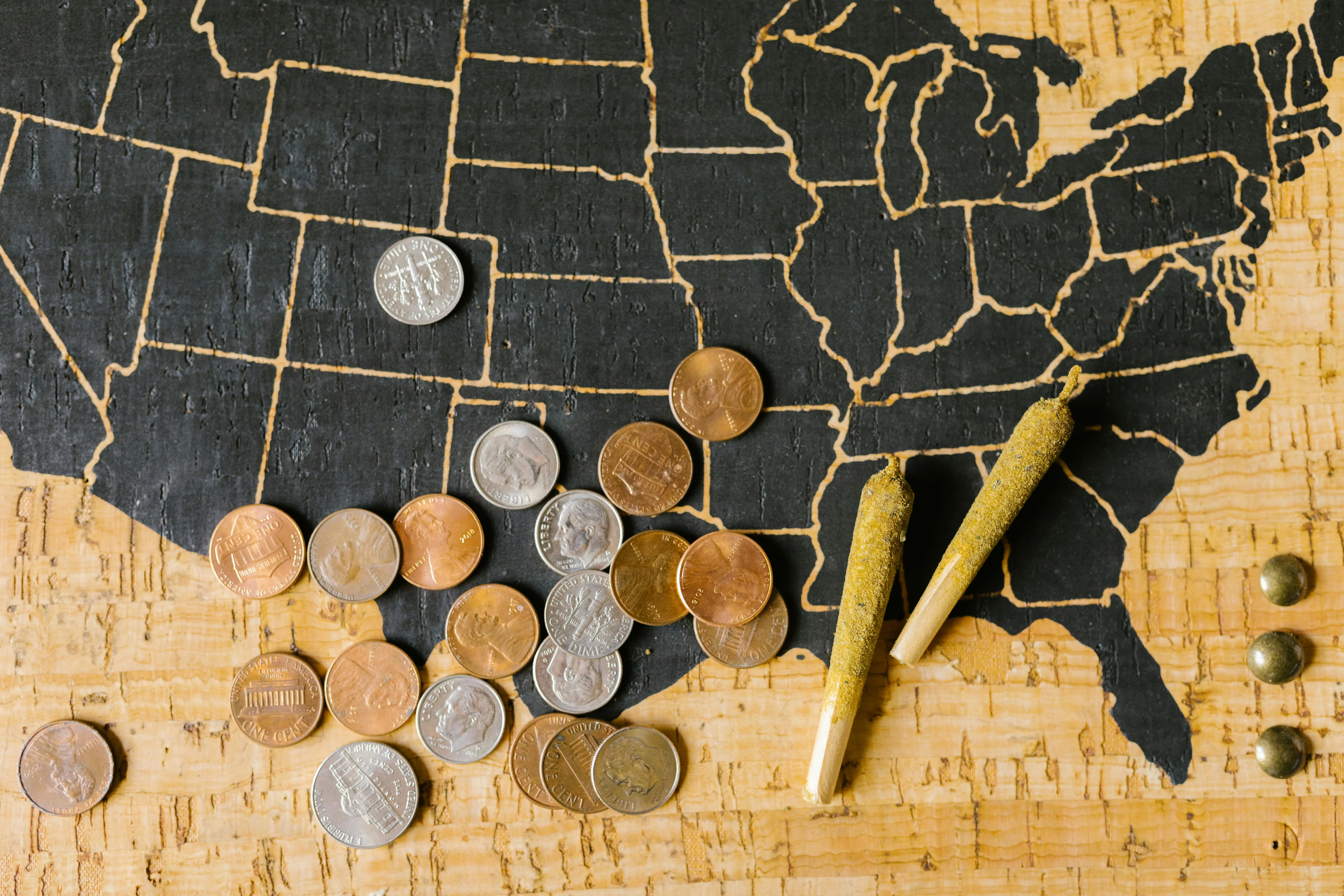Growing Up Green: Understanding Weed Legality and Age
Cannabis is having a moment. It’s popping up everywhere – in conversations, on TV shows, even in the stock market! But with this newfound spotlight comes a lot of confusion, especially when it comes to age restrictions and legal access. 
Let’s face it, navigating the world of cannabis laws can be tricky. They vary wildly from place to place, making it hard to know what’s okay and what’s not. So, before you think about dipping your toe (or anything else) into the world of weed, it’s crucial to understand the legal landscape surrounding age restrictions.
The Big Picture: Legalization Isn’t Universal
First things first: just because cannabis is becoming more widely accepted doesn’t mean it’s legal everywhere. In fact, federal law in the United States still classifies marijuana as a Schedule I drug – right up there with heroin! However, many states and countries have chosen to buck this trend, enacting their own laws to legalize recreational or medicinal use of cannabis for adults.
Age Matters: The Minimums You Need to Know
The most common age restriction for recreational cannabis use is 21 years old. This aligns with the legal drinking age in many places and reflects a growing understanding that developing brains are more vulnerable to potential risks associated with cannabis use.
However, there are exceptions. Some states have set the minimum age lower, often for medicinal purposes. For example, certain states allow patients under 21 with qualifying medical conditions access to cannabis with parental or guardian consent.
Beyond Age: Other Factors Influencing Legality
Age is just one piece of the puzzle when it comes to cannabis legality. There are other factors that can influence whether you’re allowed to purchase, possess, or consume cannabis. These include:
* Where you live: As mentioned before, laws vary dramatically from state to state and country to country. Make sure you check the specific regulations in your location.
* Type of cannabis product: Different products have different rules. For example, edibles (foods or drinks infused with cannabis) may have stricter regulations than flower or concentrates.
Responsible Use: Staying Safe and Informed
Regardless of where you live and what the legal age is, responsible use is paramount. This means:
* Understanding your limits: Start slow and gradually increase your dosage as needed.
* Being aware of potential side effects: Cannabis can affect people differently. Be prepared for possible feelings of anxiety, paranoia, or dizziness.
* Avoiding driving or operating machinery while under the influence: Just like alcohol, cannabis impairs cognitive function and reaction time.
* Storing cannabis safely and responsibly: Keep it out of reach of children and pets.
Staying Up-to-Date: The Laws are Always Changing
Cannabis laws are constantly evolving. What’s legal today may not be legal tomorrow. It’s crucial to stay informed about changes in your local area. Reputable sources like government websites, news outlets, and advocacy organizations can provide accurate and up-to-date information.
Remember, the conversation around cannabis is ongoing and complex. By understanding the laws and using it responsibly, we can help ensure that this plant continues to be explored and enjoyed safely and ethically.